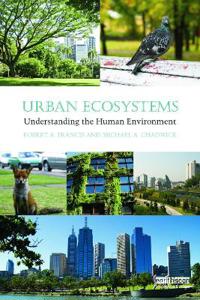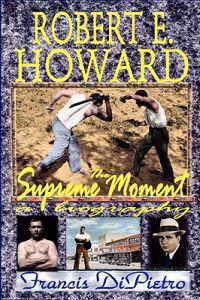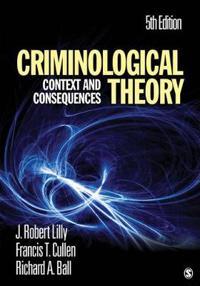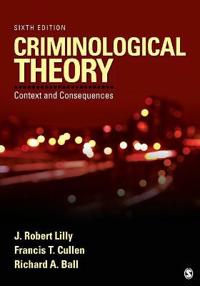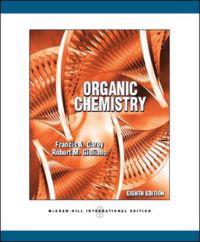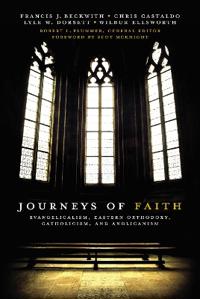Urban Ecosystems (Inbunden)
avRobert A. Francis, Michael A. Chadwick
ISBN: 9780415697958 - UTGIVEN: 2013-04-23Urban Ecosystems (Häftad)
avRobert A. Francis, Michael A. Chadwick
ISBN: 9780415698030 - UTGIVEN: 201303With over half of the global human population living in urban regions, urban ecosystems may now represent the contemporary and future human environment. Consisting of green space and the built environment, they harbour a wide range of species, yet are not well understood. This book aims to review wh[...]
Organic Chemistry: A Brief Course (Häftad)
avRobert C. Atkins, Francis A. Carey, Chi Wi Ong
ISBN: 9780071311175 - UTGIVEN: 201212Based on the U.S. text "Organic Chemistry: A Brief Course", this edition continues to guide a diverse group of organic chemistry students by selectively revealing the logic of organic chemistry through carefully designed organization, pedagogy, problem solving, and illustrations. A text that is both[...]
ROBERT E. HOWARD, The Supreme Moment: A Biography (Häftad)
avFrancis DiPietro
ISBN: 9780615212203 - UTGIVEN: 200807Robert Ervin Howard, author of hundreds of stories and poems, spent his days in what he perceived to be literary obscurity. He took his life on June 11, 1936 with little inkling that his works would establish a vibrant new genre and become equal to the likes of JRR Tolkien. Now you are invited to sh[...]
Criminological Theory (Häftad)
avJ. Robert Lilly, Francis T. Cullen, Richard A. Ball
ISBN: 9781412981453 - UTGIVEN: 201101The fifth edition of Criminological Theory: Contexts and Consequences builds on the success of previous editions with updated coverage of criminological theory within a broader sociological and historical context. Its diverse coverage of major theories spans traditional and contemporary perspective[...]
Criminological Theory (Pocket)
avJ. Robert Lilly, Francis T. Cullen, Richard A. Ball
ISBN: 9781452258164 - UTGIVEN: 2014-11The sixth edition of Criminological Theory: Context and Consequences builds on its prior success with updated coverage of criminological theory and a fresh look at policy implications. The new edition continues to offer a rich introduction to how scholars analyze crime in a clear, accessible text wh[...]
Organic Chemistry (Häftad)
avFrancis A. Carey, Robert M. Giuliano
ISBN: 9780071323970 - UTGIVEN: 201103This is a market leading, traditional approach to organic chemistry. Throughout all eight editions, "Organic Chemistry" has been designed to meet the needs of the 'mainstream', two-semester, undergraduate organic chemistry course. This best-selling text gives students a solid understanding of organi[...]
Organic Chemistry (Inbunden)
avFrancis A. Carey, Robert M. Giuliano
ISBN: 9780073402741 - UTGIVEN: 2013-01-07Journeys of Faith (Pocket)
avRobert L. (EDT) Plummer, Francis J. Beckwith, Chris A. Castaldo
ISBN: 9780310331209 - UTGIVEN: 2012-03


